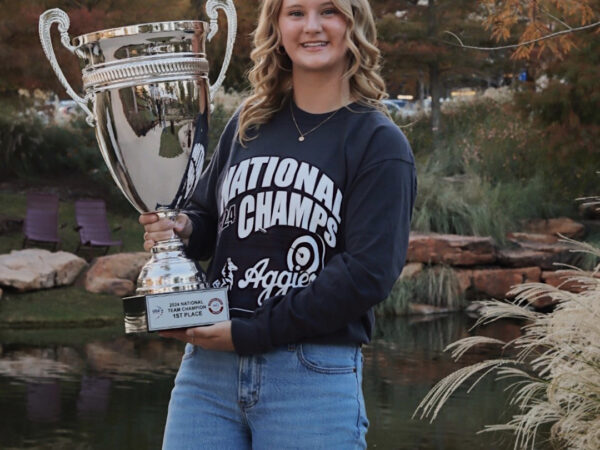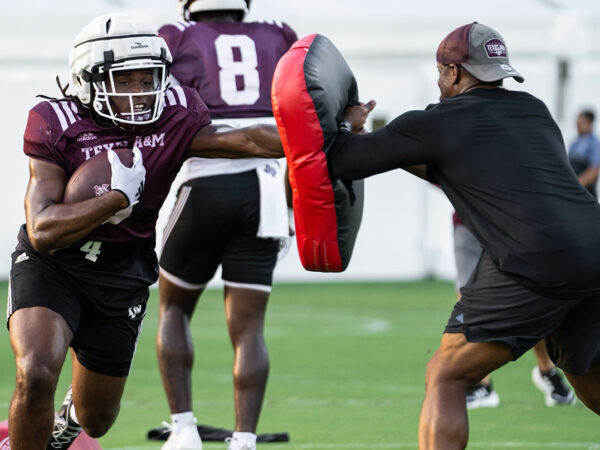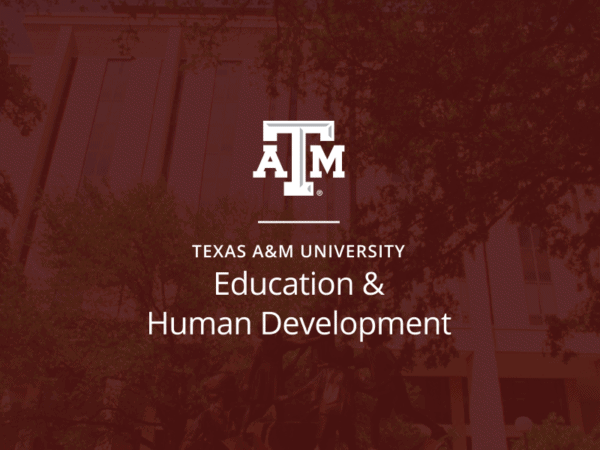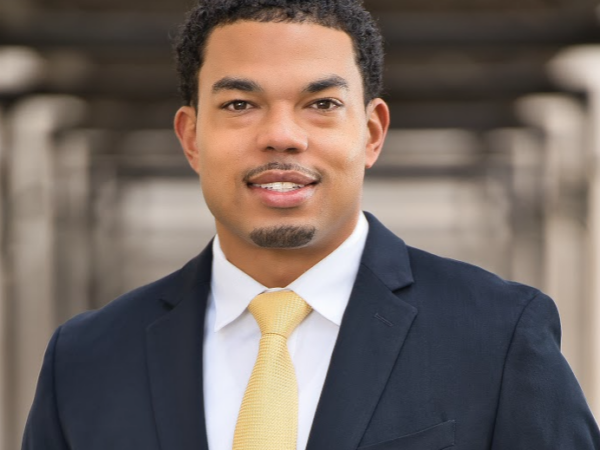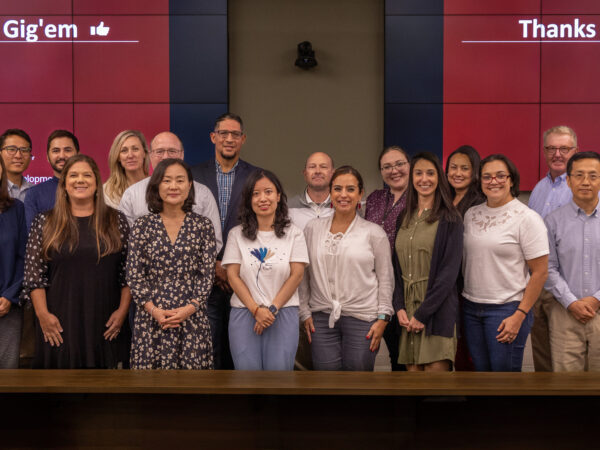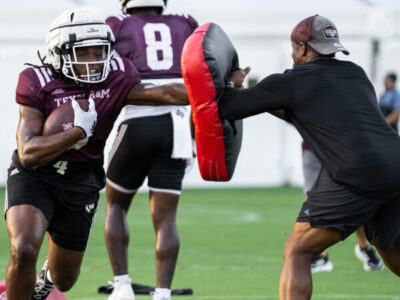How sport experiences can transform lives
Sport management professor Dr. Marlene Dixon showed that sport has the power to transform lives through recent research involving cyclists that completed the Texas 4000, a 4,000-mile bike ride from Austin to Anchorage, Alaska benefitting cancer research.
Dixon, a professor in the Department of Health and Kinesiology, teamed up with her former student, Dr. Amy Rundio to investigate the power that sport has to impact lives.
They interviewed former participants of the Texas 4000 to understand what factors contributed to major changes in their lives. They found that sport alone does not transform an individual, but that group training, and an opportunity for interaction and reflection are major factors in initiating transformations.
“What we found is that just playing a sport does not necessarily transform you,” Dixon said. “It is the extraordinary experience that is transformative, and a lot of that has to do with an escape from daily life, a deep connection with others, and a tremendously challenging, emotive type of experience; this changes it from being just a cool thing that you did to truly transformational,” Dixon said.
Most participants rode for a loved one or friend with cancer. Some rode solely for the cycling challenge and adventure. However, both types of participants reported transformations due to the Texas 4000, which Dixon said can be partially attributed to the circles of love that occur each night on the ride.
Reflection, through circles of love, is a critical component of the Texas 4000. At the end of the day, participants gather around to interact with their fellow participants and reflect on the day. They also stay with host families along the way who typically have some connection to cancer or the Texas 4000.
“There were lots of interpersonal interactions on the ride,” Dixon said. “Those are the ones that were really the key to the personal transformation.”
Implications for sport managers
Dixon said individuals seeking transformational sport experiences may find that some are lacking the additional components to make an impact. However, she said this serves as an important lesson to sport managers. Events like 5k races are fun for participants, but are they impactful?
“You could tie that race to a cause and you would not only attract more participants, but you could also enhance the ability of that sport itself to be more transformational and its capability to make a positive impact,” Dixon said.
The same recommendation applies to standalone charities looking to make a larger impact. This research suggests that there is an opportunity to enhance potential for transformation within non-extraordinary events.
“If you are a cause-related charity and you would like your event to be more than just something people did, there are some pretty definable things that you can add to your charity event like opportunities to reflect and training opportunities that build that sense of community beyond just actually doing the event for yourself,” Dixon said.
About the Writer
Heather is responsible for news coverage in the Department of Health and Kinesiology, as well as the Department of Educational Administration and Human Resource Development.
Articles by HeatherFor media inquiries, contact our Media Relations Coordinator, Ashley Green
Fundraising
To learn more about how you can assist in fundraising, contact Amy Hurley, Director of Development ahurley@txamfoundation.com or 979-847-9455


